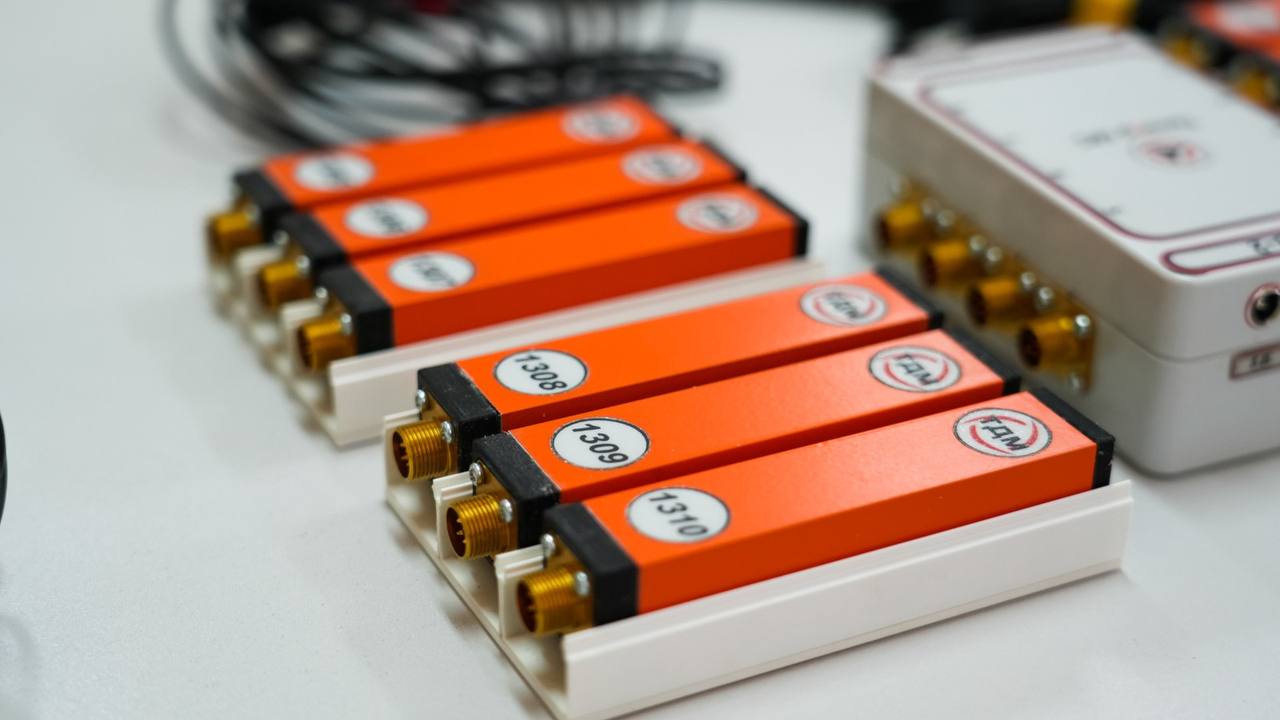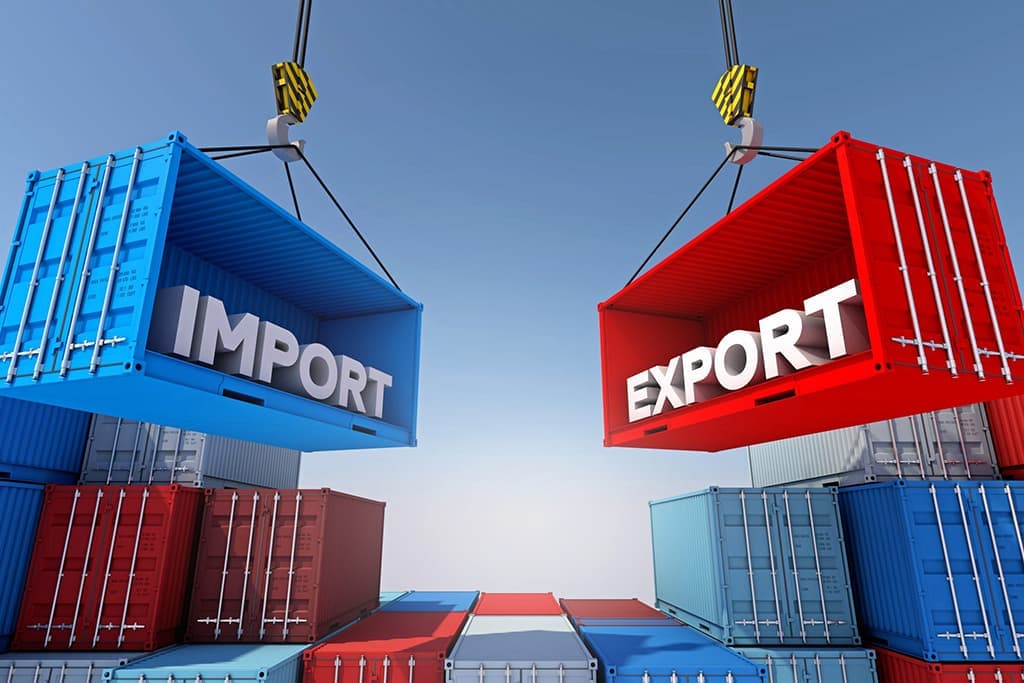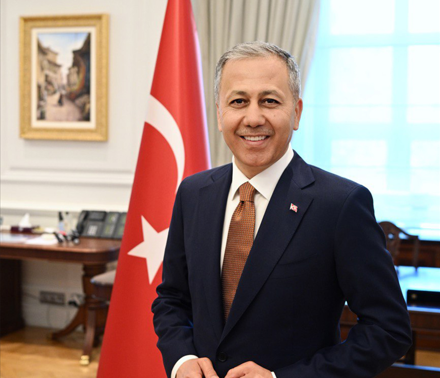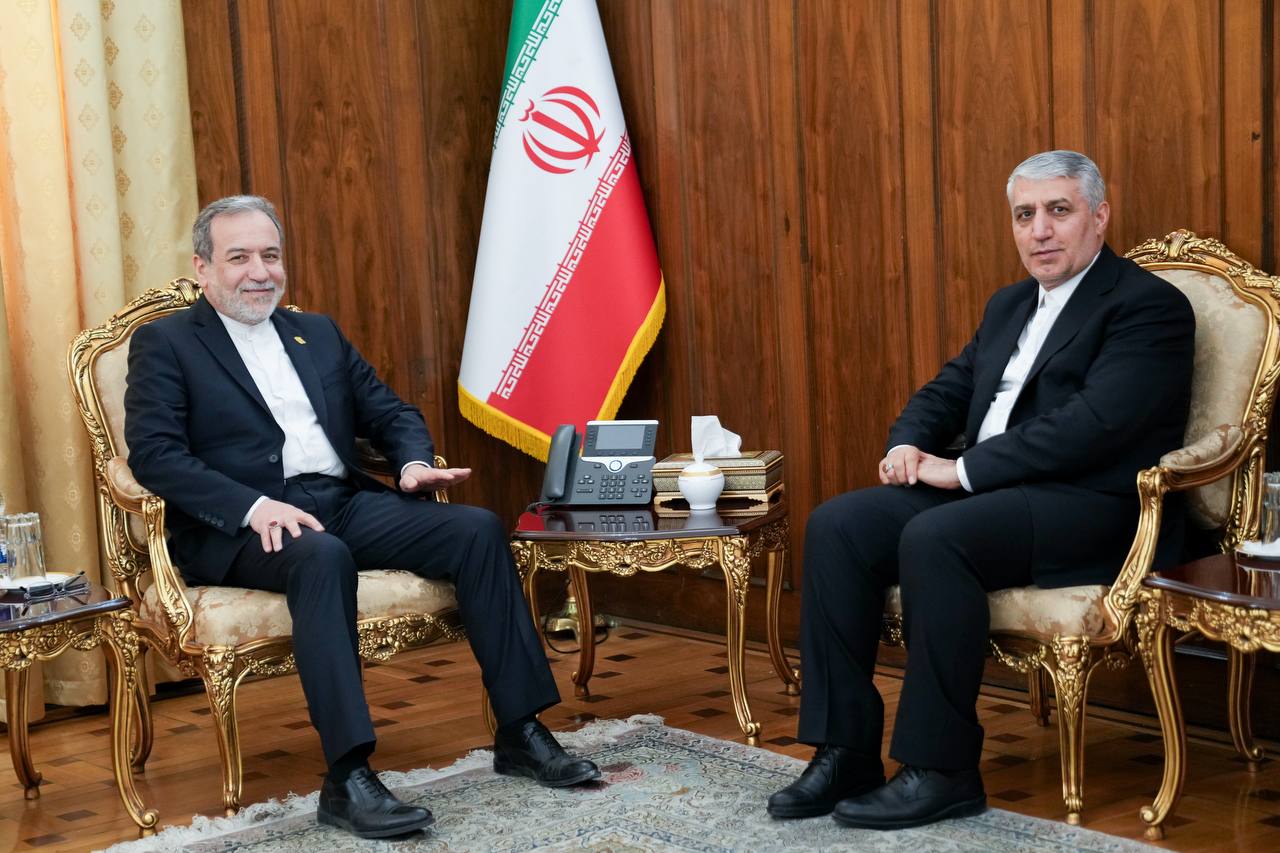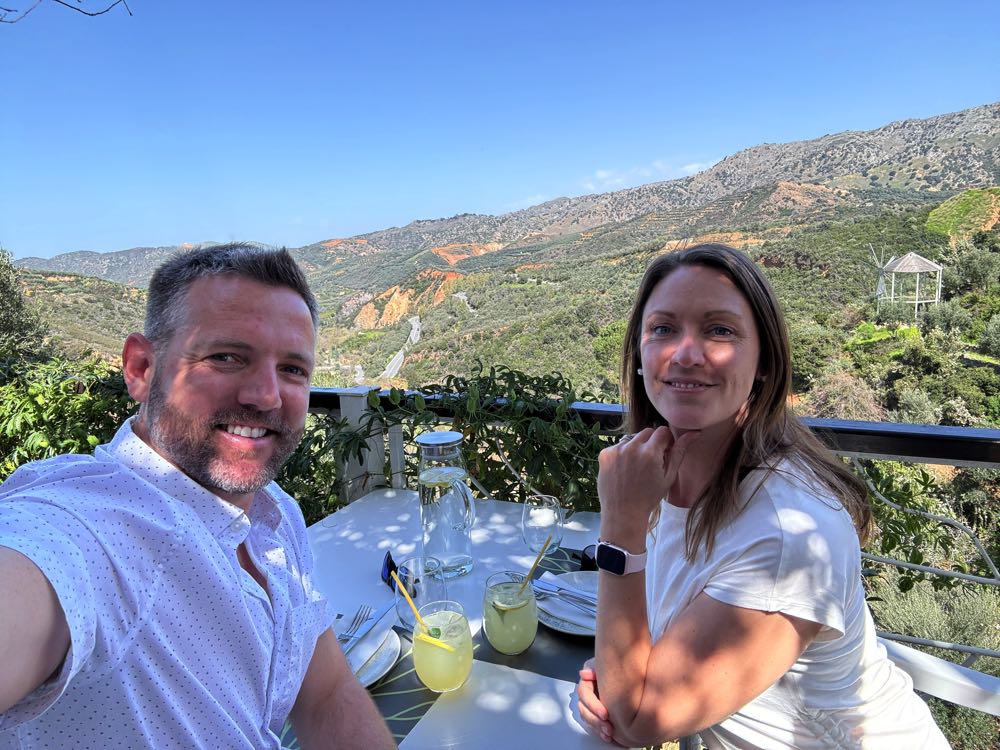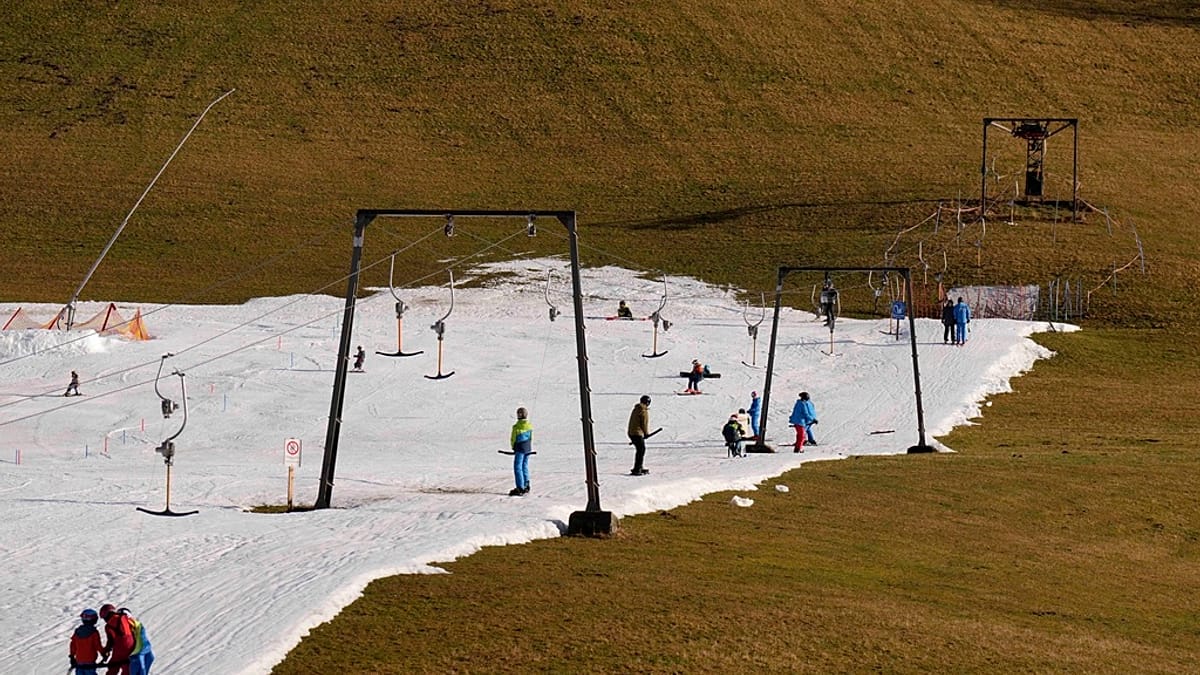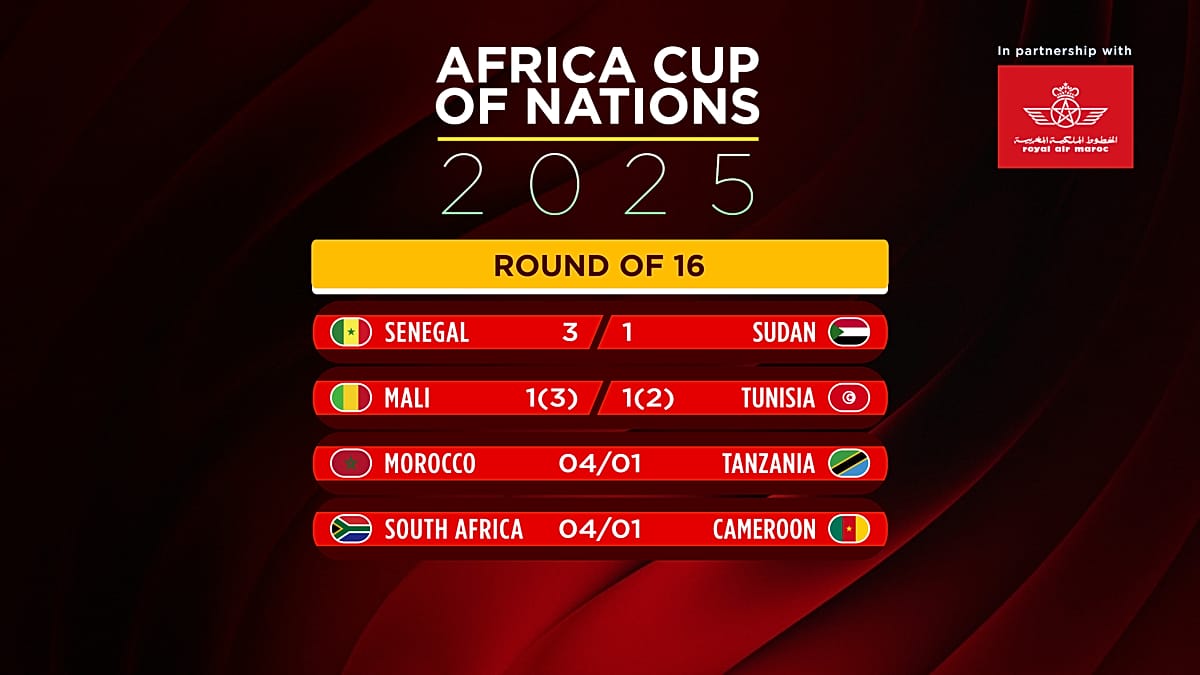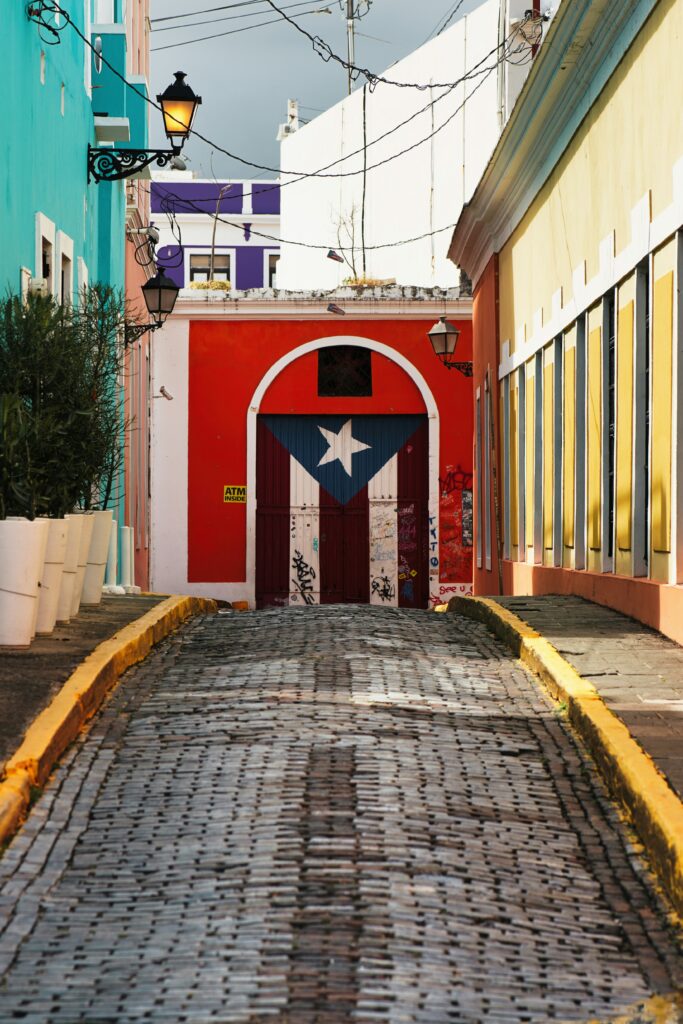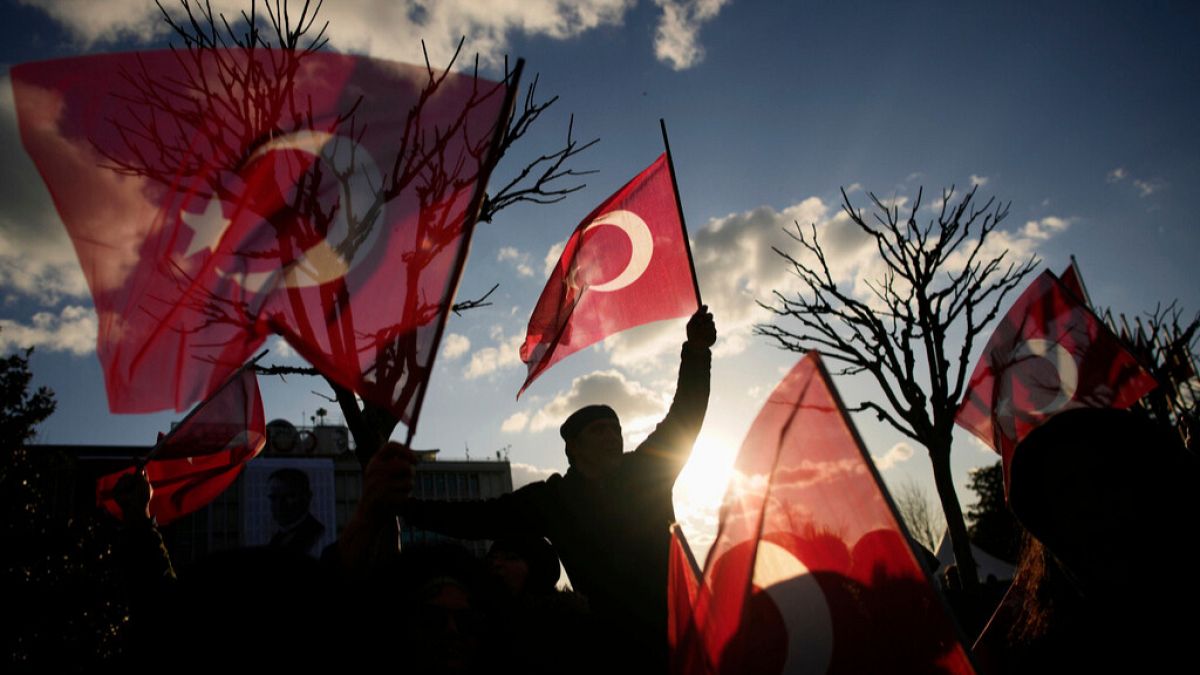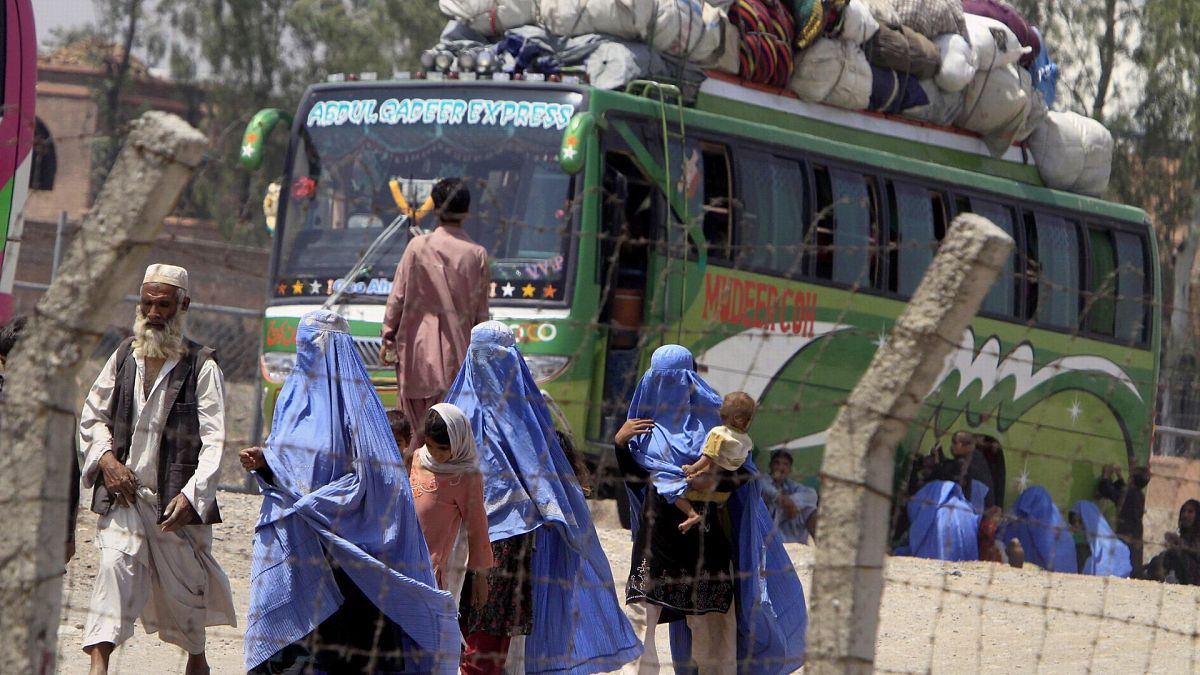The European Commission has adopted a trade agreement with Mercosur

The European Commission adopted a trade agreement with Mercosur on Wednesday. It also proposed a temporary agreement that is to be accepted by the European Parliament and EU member states. In response to concerns about the agricultural sector, the Commission announced a safety brake in case of an oversupply of products and the possibility of compensation.
The decision to adopt the final text of the agreement, which was concluded in December 2024 with Argentina, Brazil, Paraguay, and Uruguay, was made on Wednesday by the college of commissioners.
According to a source from the EU reported by PAP, several of them, including the Pole Piotr Serafin and the Frenchman Stephane Sejourne, sought additional safety guarantees for farmers in connection with the opening of the EU market to agricultural products from Mercosur countries. As a result, the Commission made a political commitment to introduce a safety brake that will allow for a response when too many sensitive agricultural products flow in from Mercosur countries.
-Companies from the EU and the EU agri-food sector will immediately feel the benefits of lower tariffs and lower costs, which will contribute to economic growth and job creation – stated the head of the Commission Ursula von der Leyen.
The Commission’s decision ends a nine-month process of refining the text of the agreement for legal purposes and translating it into the national languages of the EU.
The college also decided on Wednesday about the path for ratifying the agreement. Before the entire agreement is ratified by the parliaments of all member states, the Commission proposes a temporary agreement that will cover the trade part of the agreement. Its adoption will require the consent of the European Parliament and member states in the EU Council. The EU Council will make a decision by qualified majority, which means that 15 countries representing 65% of the EU population must support it. The Polish government has already announced it will vote against the agreement.
The Commissioner for Trade Marosz Szefczovicz, when asked why the Commission decided to introduce the trade part of the agreement in the form of a temporary agreement instead of waiting for the ratification of the entire agreement by national parliaments, replied that the ratification process is often finalized many years later, when the agreement ceases to be relevant. – We live in dynamic times. We really have to fight for access to every market, accelerate our actions, the way we conduct negotiations, to bring together friends and partners who share the philosophy of free and fair trade and lower tariffs – he said.
This proposal from the Commission regarding the adoption of the provisions of the agreement with Mercosur means that Poland needs allies to build a so-called blocking minority for its opposition to be effective. The French government, which has previously expressed reservations, announced that it would analyze the safeguards proposed by the Commission.
Meanwhile, Raffaele Fitto, the commissioner from Italy, which had also previously raised doubts, announced on Facebook that the agreement will strengthen Europe in the world, and “the agreement will be accompanied by concrete measures: strengthened controls and inspections in partner countries; more stringent food safety standards; and additional tools to protect our environmental and social standards.”
The Minister of Agriculture Stefan Krajewski told PAP that “this is not the end of the battle to prevent this agreement from coming into effect in its current form.”
As reported on Wednesday by an EU source, the Commission’s commitment regarding the safety brake will then be translated into a legal act that will be adopted by the EU. It will include a mechanism for monitoring the market of the most sensitive products. The Commission will inform member states and the European Parliament every six months about what is happening in this market. If disturbances occur – it will react.
An EU source also told journalists that the Commission considers the mechanism to be an additional insurance policy that addresses the concerns of some member states. However, it anticipates that the quotas for importing certain agricultural products from Mercosur countries to the EU, as stated in the agreement, provide sufficient protection for EU agriculture.
An example is beef – the tariff on 99,000 tons of this meat per year will be reduced to 7.5%. This represents 1.5% of beef consumption in the EU, which, as reported by an EU official, amounts to two hamburgers per person. The amount of allowed poultry will constitute 1.3% of annual EU consumption. – This is a very small segment of the market that we are opening. Additionally, this beef will not be exempt from tariffs, but only the rate on it will be reduced – he said.
Furthermore, the Commission will allow for the payment of possible compensations for farmers from the agricultural reserve in the next budget after 2027, which will amount to 6.3 billion euros.
On Wednesday, the Commission also adopted a new agreement with Mexico. (03.09.2025)
